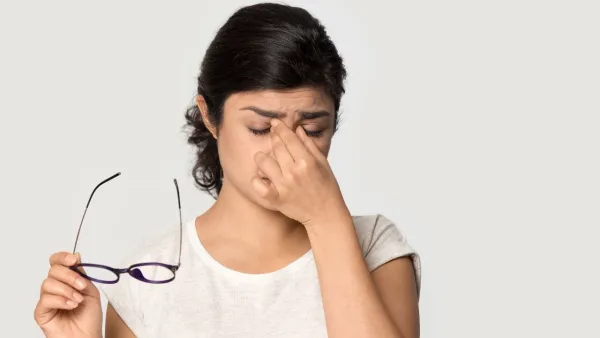But the opposite is true.
According to
IC3 Student Suicide Report 2025, the majority of students admit they cope with stress by distracting themselves through gaming, binge-watching, or isolating themselves while only a small fraction turn to healthier practices like exercise, journaling, or therapy.
COPING BY ESCAPING, NOT HEALING
The report's data is telling:
- Over 40% of students said they deal with stress by isolating themselves.
- Nearly 30% rely on binge-watching shows or endless scrolling.
- Around 25% said gaming was their primary stress reliever.
- By contrast, less than 15% reported journaling, exercising, or seeking counseling.
In other words, more students are opting for avoidance rather than addressing the root of their struggles.
THE MIRAGE OF 'SELF-CARE'
The report also explored what students consider self-care. The answers again leaned towards quick fixes:
- Music, sleeping, and memes topped the list of self-care practices.
- Activities like meditation, yoga, and professional counseling ranked much lower.
- This creates what experts call a "self-care mirage" - students believe they are managing stress, but in reality, these methods provide temporary relief without long-term benefits.
WHY STUDENTS AVOID REAL HELP
The Student Suicides Aversion addendum also underscores why students don't seek therapy despite rising stress levels:
- Stigma remains a major barrier. Many see therapy as a sign of weakness.
- Access is limited - only a fraction of schools and colleges have trained counselors.
- Comfort in distraction - it feels easier to play a video game or scroll reels than to confront painful emotions.
THE COST OF AVOIDANCE
While distractions can provide momentary relief, psychologists warn they can worsen sleep, reduce focus, and deepen isolation - all risk factors for anxiety and suicidal ideation. "Coping isn't the problem," says a Delhi-based psychologist. "It's how students cope that determines whether stress becomes manageable or life-threatening."
Experts argue that institutions must take urgent steps:
- Normalize counseling by integrating it into school culture.
- Create peer-support clubs where students can open up informally.
- Redefine self-care to include sports, mindfulness, and creative outlets.
- Use tech solutions - apps, helplines, and digital therapy platforms - as entry points for reluctant students.
The Media Addendum: Student Suicides Aversion paints a sobering picture - Indian students are not short of coping strategies, but too many of them are coping in ways that hide the pain rather than heal it. Unless healthy habits and therapy are normalized, the joystick will keep winning over the journal.
